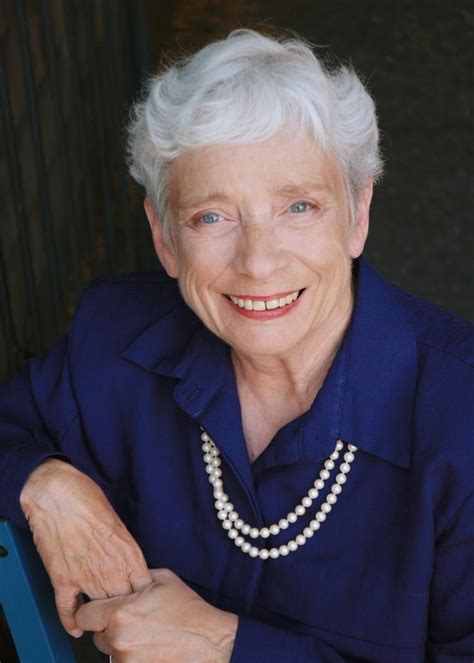A Quote by Josh Radnor
There's something touching about a kid who's reading a book that's printed on actual paper. I think that anything that kids start reading, within reason, can lead to other discoveries.
Related Quotes
My ex-student, Idit Harel, who wrote a book, "Children Designs," has a documented story of a kid who was very shy, isolated and didn't talk much to other kids. She was a little overweight, and the other kids looked down on her for that reason.But then she made a discovery about how to do something on the computer. The discovery was picked up by other kids, and within a few weeks there was a total transformation. This kid was now in demand. And that changed her feeling about herself.
I think I'm still fed by my childhood experience of reading, even though obviously I'm reading many books now and a lot of them are books for children but I feel like childhood reading is this magic window and there's something that you sort of carry for the rest of your life when a book has really changed you as a kid, or affected you, or even made you recognize something about yourself.
There is something about the medium [in comics] that allows for a simulation of actual experience with the added benefit of actually reading. You're reading pictures, but you are also looking at them. It's a sort of combined activity that I can't really think of any other medium having, other than, say, a foreign film when you are reading and seeing. It allows for all sorts of associations that might not come up with just words or just pictures.
I read continually and don't understand writers who say they don't read while working on a book. For a start, a book takes me about two years to write, so there's no way I am depriving myself of reading during that time. Another thing is that reading other writers is continually inspiring - reading great writers reminds you how hard you have to work.
For most people, what is so painful about reading is that you read something and you don't have anybody to share it with. In part what the book club opens up is that people can read a book and then have someone else to talk about it with. Then they see that a book can lead to the pleasure of conversation, that the solitary act of reading can actually be a part of the path to communion and community.
So this is supposed to be about the how, and when, and why, and what of reading -- about the way that, when reading is going well, one book leads to another and to another, a paper trail of theme and meaning; and how, when it's going badly, when books don't stick or take, when your mood and the mood of the book are fighting like cats, you'd rather do anything but attempt the next paragraph, or reread the last one for the tenth time.
I think a comic looks better in the magazine. The colors are designed to be on paper, not illuminated on screen. I don't like the aspect of people reading it for free. When people get things for free, they tend to not take them as seriously. But I don't know. I'm sure 10 times more people are reading it online than in the actual paper.





































